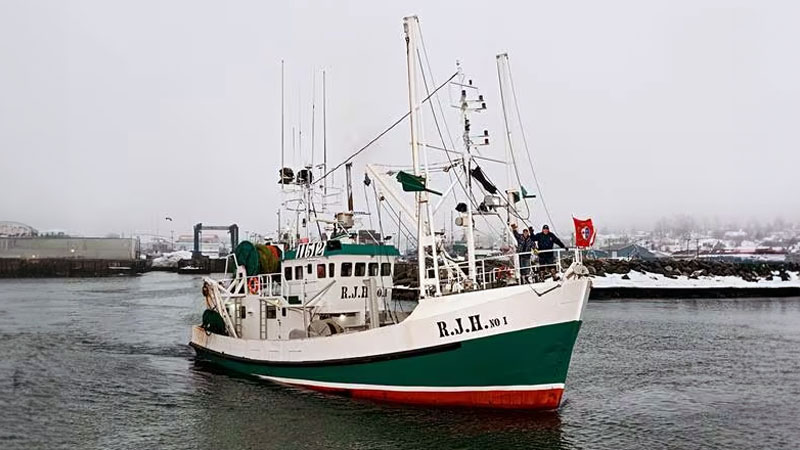Exclusive content

In Canada, the shrimp fishing industry faces mounting challenges as reports suggest that this year’s shrimp catch may be even more arduous than the previous season. Early indicators point to a troubling decrease in shrimp abundance, with several boats reporting difficulties in both the estuary and Sept-Îles areas. According to Patrice Élément, director of the Fishermen’s Office of shrimp from Quebec, the situation appears to be worsening, particularly in the Sept-Îles region where catch rates were already distressingly low last year.
Diminished Allocations and Dashed Hopes
The outlook for shrimp fishing in Canada has been further dampened by the allocation of a meager quota of a little over 3,000 tonnes for the Quebec and Atlantic fleets combined. This paltry allocation has left many shrimpers disheartened, with little hope of federal support from the Department of Fisheries. Hopes for redfish allocations, which could have provided a potential alternative, have also been dashed, exacerbating the industry’s woes.
The ramifications of the bleak shrimp fishing outlook extend beyond the waters, spelling economic disaster for coastal communities heavily reliant on the industry. Places like Rivière-au-Renard and Saint-Anthony face an uncertain future, with dwindling prospects for sustainable income. The economic downturn has also impacted the viability of fishing businesses and associated assets, with once valuable licenses and boats now depreciating in value.
Financial Strain on Industry Organizations
The financial strain caused by the downturn in shrimp fishing has also affected industry organizations like the Quebec Shrimp Fishermen’s Office. With income derived from member contributions linked to shrimp landings, the organization faces deficits and operational challenges. To mitigate these challenges, cost-cutting measures have been implemented, including the suspension of fee collections and reduced operational hours.
Despite ongoing discussions between the Shrimp Fishermen’s Office and processors regarding landed shrimp prices, negotiations have yet to commence due to the prevailing uncertainty surrounding the resource. Both parties have agreed to await further developments in fishing activities before progressing further. However, it is evident that both fishing and processing activities will face significant hurdles in achieving profitability amidst the current conditions.